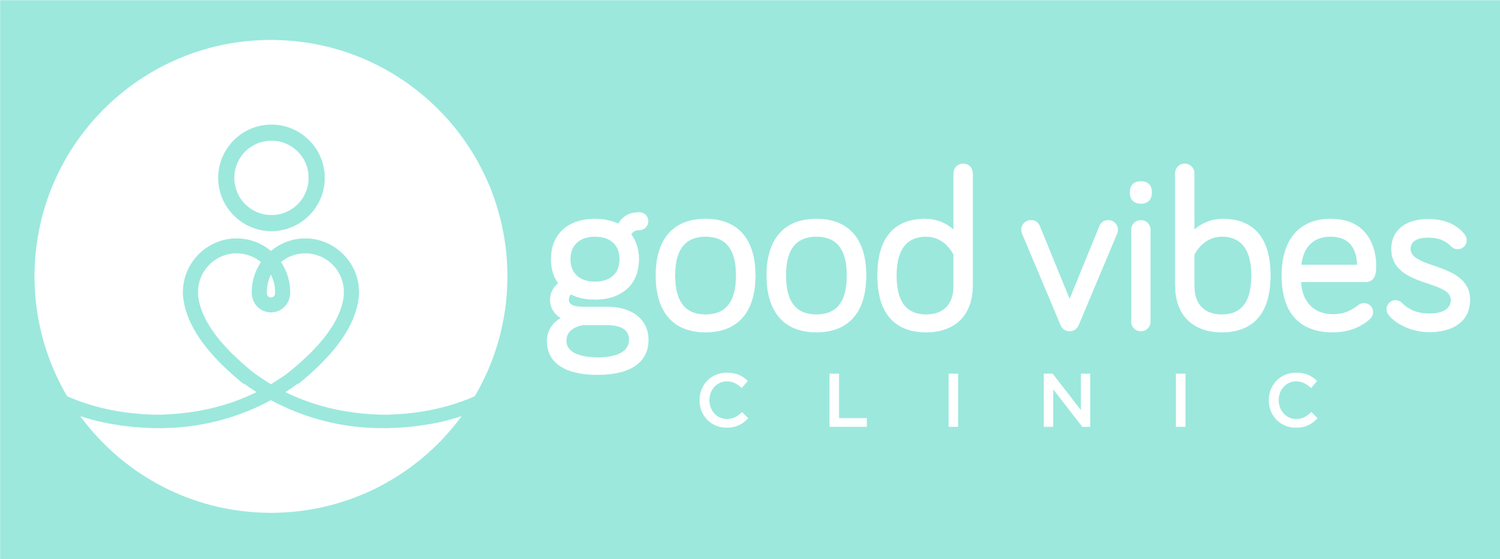The Importance of Relationship Agreements and Effective Communication
This month, Good Vibes Clinic is exploring ethical non-monogamy (ENM) in it’s various forms. Perhaps the most critical component of ENM is relationship agreements, to determine what style of relationship will be best for you and any partner(s).
Relationships are a series of agreements. A lot of our relational agreements are unconsciously created because we base them on past experiences and assumptions. When these agreements become rigid, inflexible, or are assumed and not discussed, there can be miscommunication and relationship breakdown. It’s also important to revisit relationship agreements, and not assume that what was created at the beginning of the relationship, exists without change. Examples of relational agreements could include the importance of regular date nights, agreeing that one person will cook and the other will clean, or discussing conflict styles and how you like to communicate.
There’s no hard or fast rule on how to be in a relationship. The beauty in this is that you can shape your relationship to however and whatever you like by being conscious of the explicit and inexplicit agreements within your partnership. The practice of finding what works for you, communicating that and being on the same page as your partner requires effort, commitment and patience. Creating space for regular conversations around expectations and assumptions is a great stepping stone - letting your partner know you want to hear what they have to say, that what they have to say is important to you and that you’re there for them. This can save you a lot of unnecessary fights and resentment!
The most effective ‘tool’ we can learn and use in relationship and sex therapy is “practicing open and honest communication”. But what does this communication actually look like? To answer this question let’s start with what good communication is not; it’s not giving your partner the silent treatment, it’s not bringing up past mistakes, it’s not name-calling or yelling, and it’s not sarcasm or passive aggressiveness. Effective communication is centred around choosing connectedness over being right. It’s wanting to be heard and to find a common ground, over pettiness and trying to keep score.
Your ability to communicate effectively is tied to your ability to self-regulate and manage your emotions, especially during difficult conversations. When you recognise yourself feeling overwhelmed or angry, taking a few slow and deep breaths or a time-out (with an agreed return time) can be powerful. It supports you in regulating your nervous system and can prevent you entering a fight/flight/freeze space. No effective communication can take place in a dysregulation, stressed state. Using “I feel” statements allow you to focus on what you need within the relationship rather than playing the blame game.
One of the most underrated factors in good communication is considering the timing. Launching into a conversation about unmet needs after a draining day or before bed is never going to end well. Instead, we can introduce the topic and ask, “this has been on my mind the last few days, can we talk about it now or if not, tomorrow after dinner?” This prevents your partner from feeling attacked or taken by surprise.
Research undertaken by the Gottman Institute found that a 5:1 (five positive interactions for every one negative/conflict interaction) supports a longer lasting and more satisfying relationship. A positive interaction can look like recognising out loud your partner’s efforts lately or thanking them for what they did. Open and honest communication doesn’t require brutal honesty. It doesn’t have to be confrontational if we focus on trying to understand the other person’s point of view and working together to find a middle ground.
What is your communication like with your partner(s), friend(s), family, colleagues? If you feel like your communication, conflict management and relational discussions could be improved? If so, reach out to Good Vibes Clinic to schedule a session.
